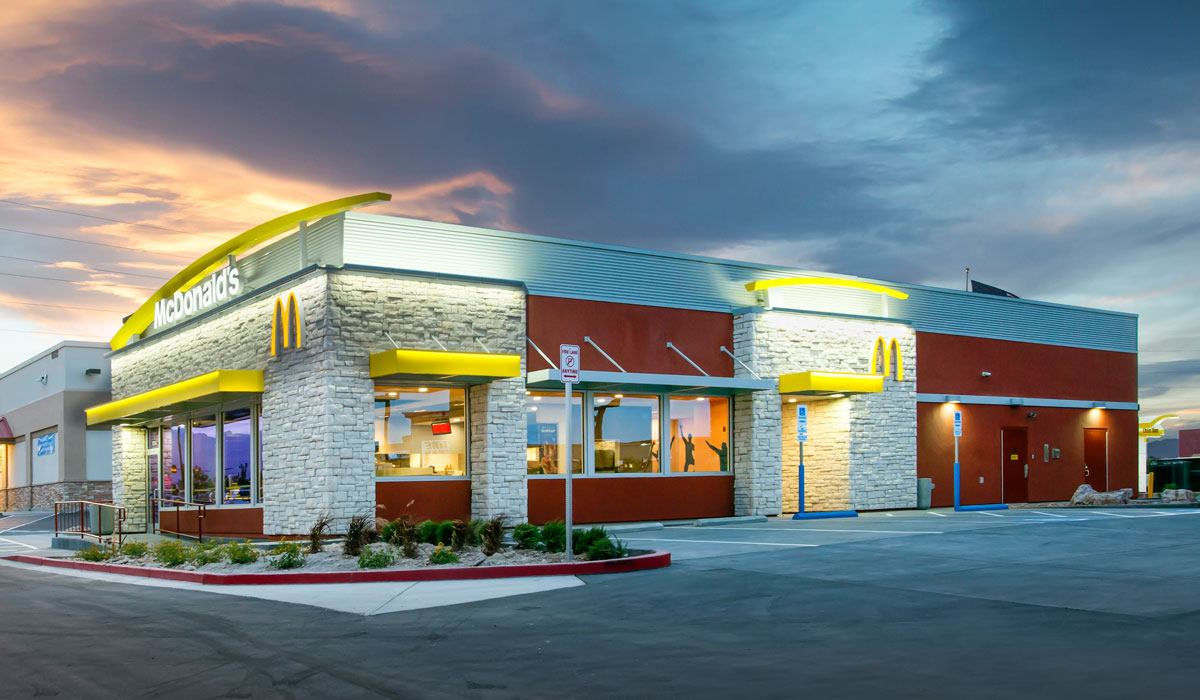The National Labor Relations Board ruled Thursday that McDonald’s should not be held responsible for the labor practices of its franchisees.
It was a positive result for the fast-food chain in a long-running case filed by 20 workers who claimed to be fired or subject to retaliation for attempts to unionize.
The NLRB said it favored a settlement where McDonald’s franchisees pay $171,636 to the workers. They must also notify current and former employees about the settlement and set up a $250,000 fund to handle future claims.
Broadly, it’s an important ruling given the workers sought to hold McDonald’s liable for the treatment of all workers at both corporate and franchise locations, or a so-called “joint employer” with franchisees. If the NLRB had ruled in favor of the workers, it would have increased McDonald’s liability and potentially opened the door for its 850,000 or so U.S. workers to form a union.
Roughly 95 percent of McDonald’s 14,000 domestic units are franchise run. The chain has claimed it doesn’t directly employ the workers and, thus, should not be held liable for its operator’s labor practices.
The labor board law judge rejected the proposed July 2018 settlement, noting it was unlikely to bring an end to the dispute and didn’t require McDonald’s to enforce the settlement.
McDonald’s appealed to the NLRB, which agreed. The case will now return to the administrative law judge who rejected the July deal. The board’s directive is to approve the settlement.
The NLRB ruling will likely face an appeal. The Service Employees International Union and Fight For $15 have already said they would “forcefully” do so.
Franchisors across multiple industries have closely watched the case due to its vast implications, not just on franchising work, but also for contractors, such as janitorial services, construction, and warehouse employees.
McDonald’s litigation began four years ago when the SEIU accused the company and its franchisees of retaliating against workers who supported the Fight For $15 cause. Some said they were purposefully given harder jobs or fewer hours after they attended union-backed protests.
At the time, a labor-law prosecutor asked judge Lauren Esposito to consider McDonald’s a “joint employer” and take responsibility for its franchisees accused of violating labor laws.
Last year, under a new administration, the NLRB’s lawyer proposed a settlement with the affected workers just days before the conclusion of the three-year trial. Esposito rejected the proposal.
But Thursday, an NLRB panel overruled the judge and instructed her to approve the settlement deal. In a statement to multiple outlets, McDonald’s said, “The settlement … allows our franchisees and their employees to move forward, and resolves all matters without any admission of wrongdoing. Additionally, current and former franchisee employees involved in the proceedings can now receive long overdue satisfaction of their claims.”
This past October, a federal appeals court in California ruled that McDonald’s did not have enough control over franchise employees to be considered a joint employer liable for their pay. The chain has long argued that operators are independent businesses that make their own decisions.








